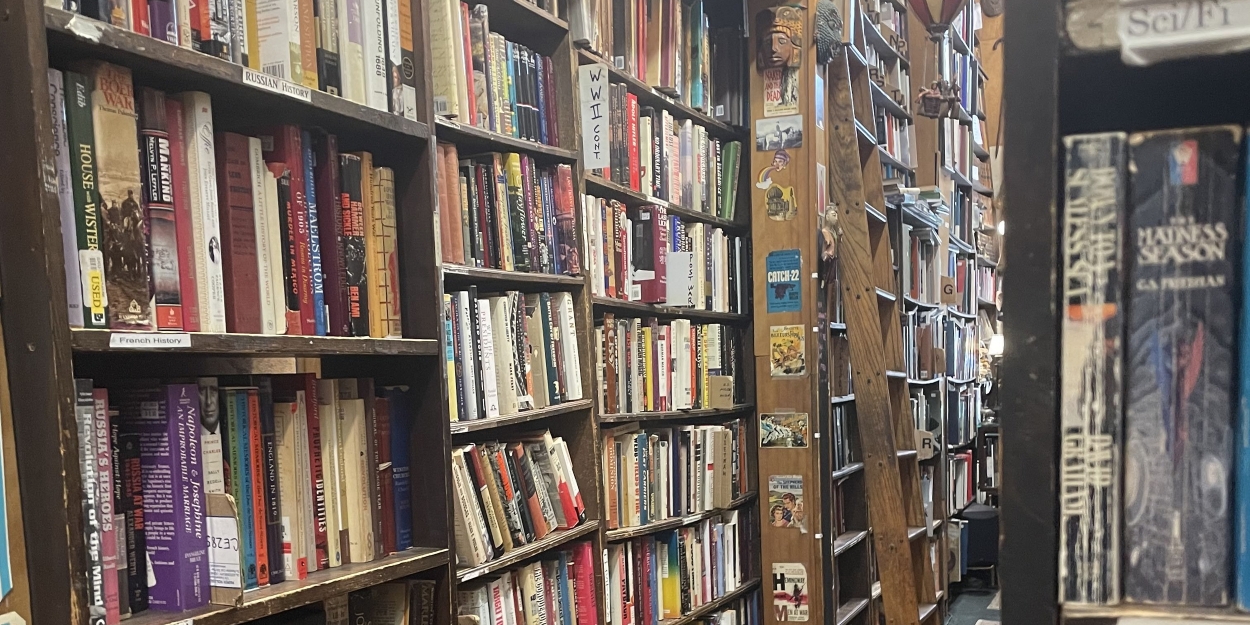Student Blog: Acting Technique
It is vital to find an acting technique that you resonate with.

As a young actor growing up in Central Wisconsin, I had great opportunities to train in dance and voice, but I didn’t have any acting teachers. I was in shows growing up, so I could take direction from the creative team, but I didn’t have anyone telling me what they thought a “good actor” should do. The first time I had even heard of the classic acting techniques was when I came to New York City for a summer intensive as a 16-year-old.
Because of this, I was hungry to learn everything I possibly could. I went to loads of bookshops to source materials from the classics- Meisner, Strasberg, Stanislavski, Stella Adler, Uta Hagen- the list goes on and on. If you saw my bookcase, you could tell I’m an actor just by looking at it.
I returned home from that NYC summer intensive with a suitcase full of acting technique books, and I was convinced that I would finally be on an even Playing Field with the thousands of other people going into college auditions. I read as much as I could and became obsessed with how different everyone’s opinions were. Turns out, reading books on acting techniques will not necessarily make you a “better actor”, and a lot of people’s opinions contradicted one another. Some didn’t make sense to me at all. I do think it’s important to get an understanding of classic methods and teachers. Understanding their approaches can help you figure out what makes sense to you as an actor. Like most things in this industry, take the ideas that resonate with you, and forget the things that don’t.
When I started going to school and developing my craft, I ended up dropping most of the ideas that these acting technique books taught me, but I found myself seeking out something else entirely. A big aspect of the acting technique that I studied in school dealt with breathing and mindset. Because of this, I sought out books that helped the mindset of a storyteller.
In this part of my life, these kinds of books were vital. Books such as The Artists Way by Julia Cameron and Big Magic by Elizabeth Gilbert helped me navigate my mindset as a storyteller, and they were more beneficial to my craft than anything. Starting your first year in theatre school can come with a lot of imposter syndrome, and competitive energy. It can be difficult to remember why you went into this business in the first place. I find that these novels, while not being acting technique books, are easy to connect with, and they make you a better storyteller. Both of these books explain that art is sacred, and they made me feel so grateful to be a performer. This is an incredible perspective to have, especially as you transition to making acting your career.
If you’re looking for texts to better yourself as a performer, I implore you to not just seek out acting techniques. Look for books that teach you the philosophical sides of being an actor as well. It is vital to find creative text that you resonate with and connect with. A lot of times throughout my career I’ve returned to ideologies that I learned from Big Magic and The Artists Way, and they helped ground me when this career gets overwhelming. It was fascinating to me how much those changed my perspective of what it means to be not just a “good actor” but also a joyful performer. After all, that aspect of acting is just as vital as any technique you could ever learn.
Videos


